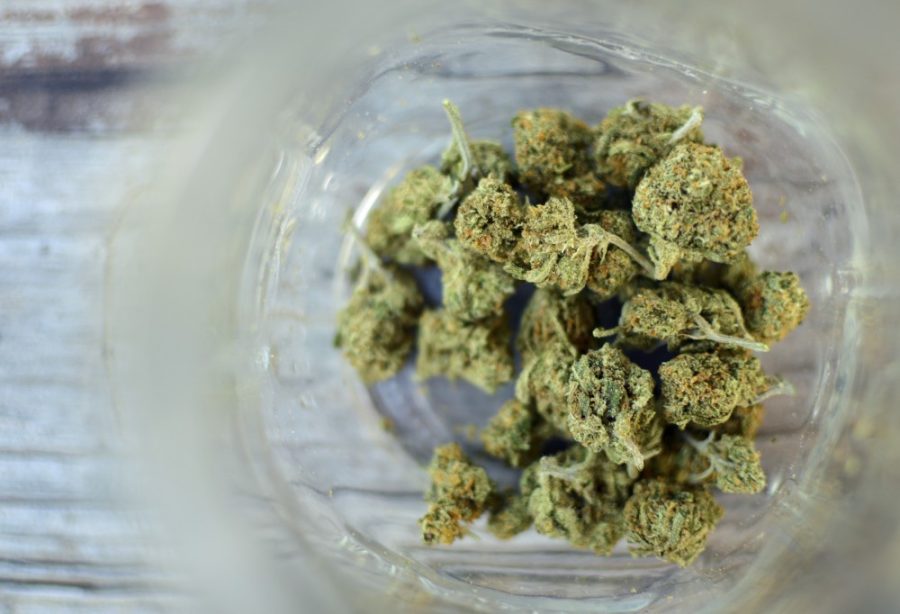Arizona voters puff-puff-passed on the chance to legalize recreational marijuana by voting no on Proposition 205.
What happens now?
Well, nothing. The current law will resound, and possession, usage, growth or purchase of marijuana will remain illegal. Only using medical marijuana with a medical card under the Arizona Medical Marijuana Act will be legal.
Proposition 205’s race was a close one—it losing 52.1 percent to 47.9 percent. Pima County narrowly voted for the proposition, passing it by 1,750 votes, 50.3 to 49.7 perecdent.
District 9 Arizona Sen. Steve Farley said, “Maybe more of the youth should have voted,” in order to pass the proposition into law.
One of the main issues with the proposition was how it would create a monopoly on the marijuana industry in Arizona. UA alumna and volunteer with Arizonans for Responsible Drug Policy Laura Ciscomani said Proposition 205 was “in direct contradiction with Arizona’s constitution in our anti-trust and monopoly laws.”
Another issue was the language of the proposition and how it would directly change the Arizona constitution. In order to change the constitution, the proposition would have to be voted for again by the entire state, which would be an extremely long process.
Local Republican Sandra Davis Canatsey said, “I believe 205 wasn’t written properly, so I am glad that it might not be making it.”
Marijuana usage would have increased among youths based on the number of calls to the Rocky Mountain Poison and Drug Center before and after marijuana legalization in Colorado. Calls regarding juveniles smoking weed increased from 63 calls in 2013 to 86 in 2014 and 112 in 2015. 11.2 percent of 12-17 year olds reported marijuana use in 2013 before legalization in Colorado, and the number was up to 12.6 percent in 2014.
Opponents of Proposition 205 also complained the law had no efficient way to test for THC, the mind-altering substance found in cannabis, in people’s systems, which would make it difficult for law enforcement officials to regulate driving under the influence of marijuana.
“The prop doesn’t specify a legal limit of marijuana in your system,” Ashlee Bierworth, a senior double majoring in political science and law, said. “It makes it difficult for people to be charged as driving under the influence even if they are impaired under marijuana under this law—especially in Colorado and other states that have already legalized recreational marijuana. They’ve seen a huge increase in marijuana impaired driving arrest.”
Marijuana-related DUIDs in Denver increased 47 percent after legalization. Though there is no way to test for a driver’s impairment due to marijuana at the time of an accident, the presence of THC in drivers’ systems has increased as a result of legalization.
Republican Mike Polak, a former Tucson City Council candidate from 2013, was against Proposition 205 and didn’t think marijuana should be legalized for recreational use. “They already have medical dispensaries, it’s already been voted on by the people, there is no reason to expand it,” Polak said. “It should be left alone. But, if it’s voted on by the people, and it does go into effect, it is what it is. If so, they’re going to have to put it back on the ballot to get rid of it.”
For now, if Arizonans want to legally get their high, they’ll have to travel to another state.
Follow Rocky Baier on Twitter.








